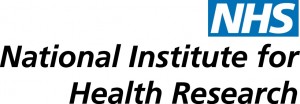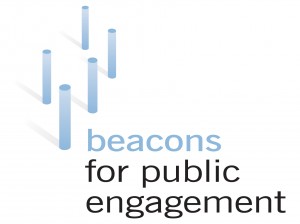
“The Birdshot Uveitis Society (Rea and Annie) met at Moorfields Eye Hospital in London, to progress the first Birdshot patients’ day, which we hope will become an annual occasion. The day will be open to all patients with Birdshot as well as healthcare professionals who treat this condition. Importantly we hope to bring together Birdshot sufferers, so they can tell their stories, network and learn from each other.
At this event, a range of experts on Birdshot: (Ophthalmologists, uveitis nurses and experts on related matters), will be available and will be providing the latest information on Birdshot. In the future this event will also be an opportunity for the experts to see whether they can take forward meaningful research on Birdshot, (depending on the number of Birdshot sufferers attending, and their/our willingness to participate in research of course).
Above is a picture of part of the team who will be helping to run the day. We have a provisional date for a Saturday in September 2010, we are hoping for 11 th September. As soon as we confirm and finalise the date, we will let you know. Space will be limited so please email us if you think you might like to come so we can let you have the date and the details as soon as they are finalised.
 This year we have been very fortunate in securing funding with a Beacon Bursary from the UCL Public Engagements Unit and a grant from the NIHR
This year we have been very fortunate in securing funding with a Beacon Bursary from the UCL Public Engagements Unit and a grant from the NIHR
 Biomedical Research Centre for Ophthalmology, at Moorfields Eye Hospital and the UCL Institute of Ophthalmology. This means that there will be no charge for the Patient Day because we want to ensure that as many of you who want to attend, can attend. In order to be sure of numbers, we are charging a reimbursable reservation fee of £20.00.
Biomedical Research Centre for Ophthalmology, at Moorfields Eye Hospital and the UCL Institute of Ophthalmology. This means that there will be no charge for the Patient Day because we want to ensure that as many of you who want to attend, can attend. In order to be sure of numbers, we are charging a reimbursable reservation fee of £20.00.
The programme and information about the day will be posted at www.birdshot.org.uk/patient-day.
We hope to see all of you there!”
Annie and Rea

